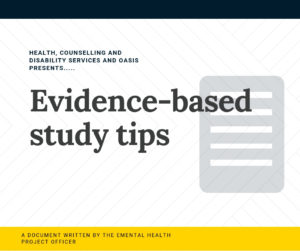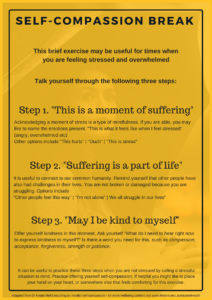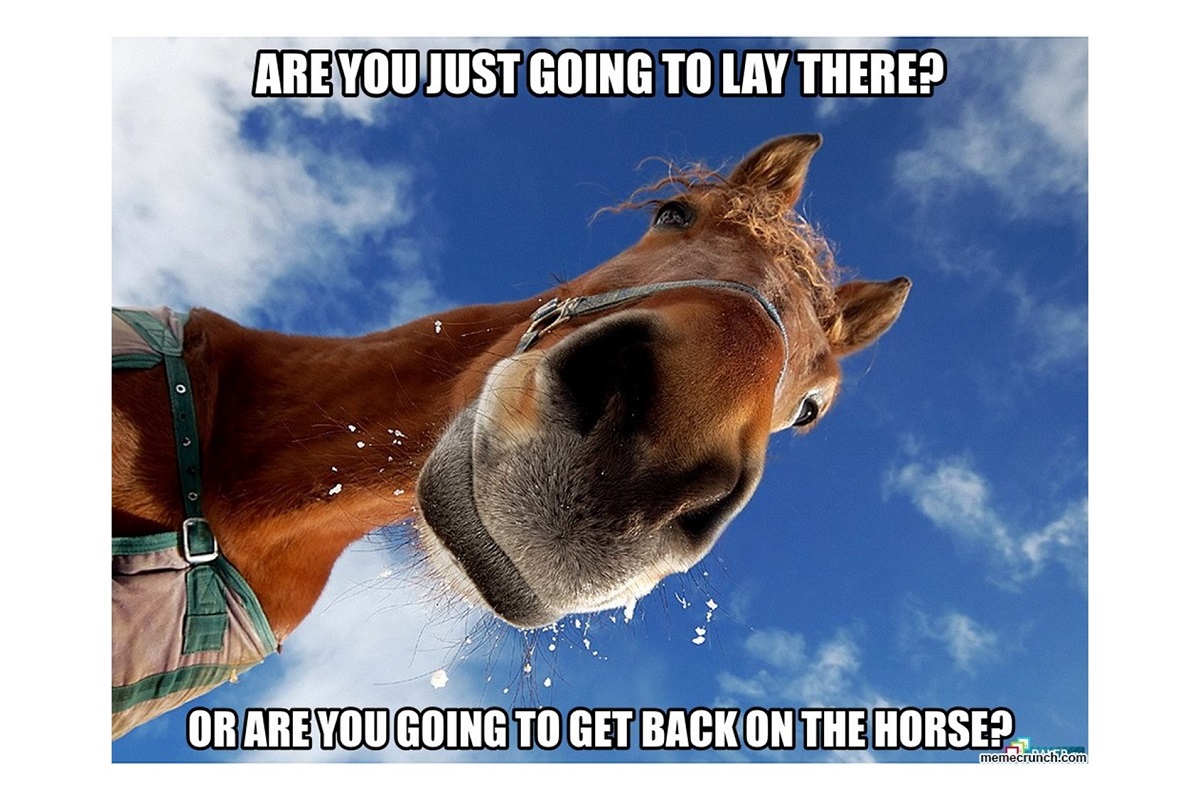
Yesterday I gave a presentation to first-year Tourism and Events students.
And I totally ballsed it up!
My apologies to the students and to the topic coordinator. That was not my best performance.
The critical mistake I made (along with many smaller ones) was to structure my presentation around a topic I found interesting, but that I hadn’t properly considered whether my audience would or not. I didn’t properly put myself in the shoes of the people I was talking to, and try to think through what might be useful or helpful for them to hear.
I’m keen to make amends for my efforts, publicly, by exploring some of the things that I should have talked about in my presentation.
So this post goes out to the first-year Tourism students. I hope this goes part the way in making amends for the discombobulated version of me you got yesterday.
Also, whilst the impetus for this post comes from yesterday’s poor showing, what I’ve written below is stuff I would like to say to all new students starting here at Flinders in 2019.
In the spirit of a Dr Phil Book, or a Buzzfeed blog post, I’ve named this:
“The Ten Things I wish I had said to the First Year Tourism Students (and which I would like to say to other first year students as well)”
1. First up, on behalf of the team here at Health, Counselling and Disability Services, welcome to the Flinders Community! It is a genuine pleasure to have you here at the University, whether that is Bedford Park, Tonsley, Sturt, City or Online.
Flinders University is a pretty decent sized community (27000+ enrolments, 16,000+ undergraduates). The upside of this is that we are like a mini city and you’ll find here, both on campus and online many of the things you need to make your time at uni, enjoyable and productive.
The downside is that it can be easy to feel a bit lost or anonymous amongst all the people and movement.
But just remember, we value every single one of you here and want you to feel like part of the Flinders community. If at some point that isn’t the case, resist the urge the withdraw. Instead reachout and make a connection. Even if that is just to a fellow classmate, or spending some time at OASIS. You might be surprised just how many other students are also trying to make connections.
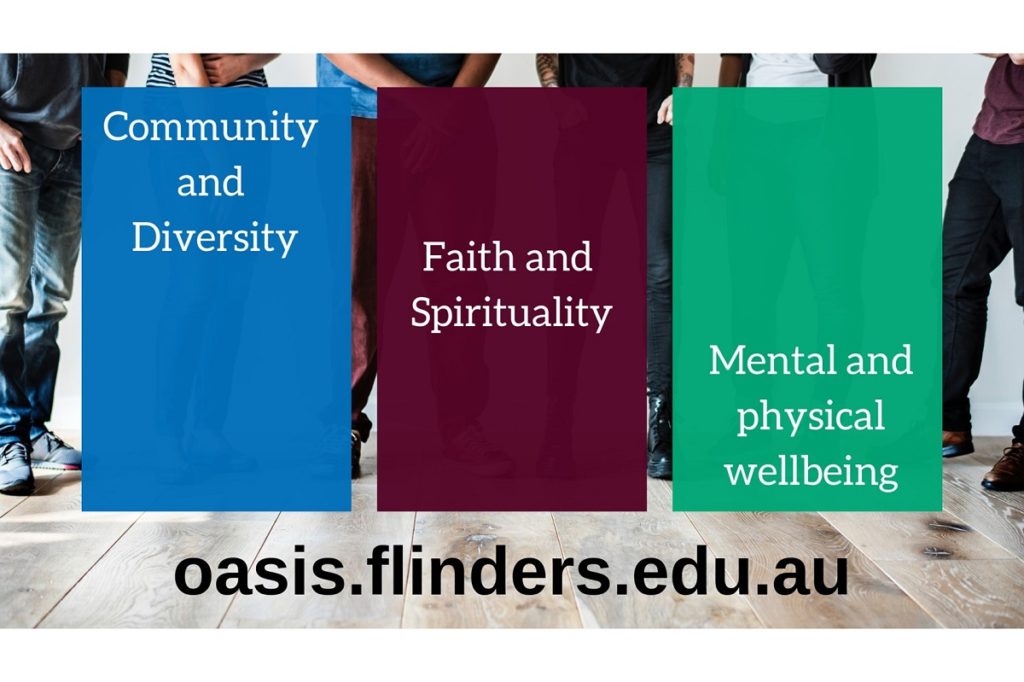
2. Second, a big congratulations on making it here! Somewhere along the line you’ve done what was required to make it into university, and that achievement should be acknowledged and celebrated. Regardless of whether you decide to stay here for a short or a long time, the fact that you worked your way here, and showed up, ready to tackle the next chapter of your life is a significant step.
For some of you it might have always been the case that you were destined to go to university. For others, you might have battled a little harder to get here. Either way, it was you that got you here.
3. You’ll find at university opportunities to take much greater responsibility and control over your own life and future.
Yes, your lecturers will give you a lot of stuff to learn and memorise and you won’t have a huge amount of control over when you hand in assignments/ do exams, but so many other things are now your responsibility.
Perhaps you are living away from home for the first time, with all the freedoms and challenges that brings. You might be wide-eyed at all the things that happen at a university that you can get involved with. At a minimum, you are probably finding that you have more control over your time, who you spend your time with, and how you spend it.
These freedoms can be a little intoxicating, so wield them with some caution. And look out for your friends as well in case those freedoms lead them down a slightly wonky path.
4. University studies are going to test the boundaries of your competence. You will (at some stage of your degree at least) be pushed to perform at a higher level than you have probably worked before. This is all part of building a smarter and more capable version of you.
This will be both exciting and demanding. Exciting, cause the knowledge and skills you are developing will be much closer to the ones you will need in the workforce. Demanding, because working at the edge of one’s abilities is always a bit stressful.
You aren’t alone however if you find yourself teetering a bit on the edge. Familiarise yourself with the Student Learning Centre, our evidence-based study strategies document, and the Studiosity Service. And remember that your topic coordinators, whilst busy, genuinely want you to succeed, so reach out to them if you are struggling with the work.
5. We know that for the modern student, the rest of your life doesn’t just stop because you are studying. Many of you will be juggling family, work, illness, hobbies, businesses along with your studies. Others of you will use the additional freedoms of university to pursue other aspects of life, try new things, meet new people, seek novelty and fun.
I can’t tell you exactly what balance of studies/other will work best for you, but I can recommend you be willing to experiment a little with the right balance. For some this will mean shifting to a part-time study schedule. For others it might mean sacrificing a little in terms of your grades, in order to have a more varied university experience. For me, I honed in pretty hard on my studies at the expense of my social life but that worked for me.
The takeaway message is find what constitutes balance for you.
6. At school or work we typically have teachers or bosses providing much of the ‘motivation’ to get our work done. At university, you’ll need to bring it yourself.
We sometimes assume that motivation, inspiration and engagement are things that we wait to show up. Only then can we do our best work. The truth is however that motivation, inspiration and engagement are mostly the result of hard work, not the cause of it.
One of the biggest barriers students face in this process is procrastination. So do you best to get off to a good start. Get a diary, put your assignment and exam due dates in the diary, set aside ample block times for readings and studying, and notice (but politely ignore) all the sneaky ways your brain will try to convince you that ‘it can wait till tomorrow‘.
If you find procrastination a real challenge, check out our workbook, or make an appointment to see a counsellor.
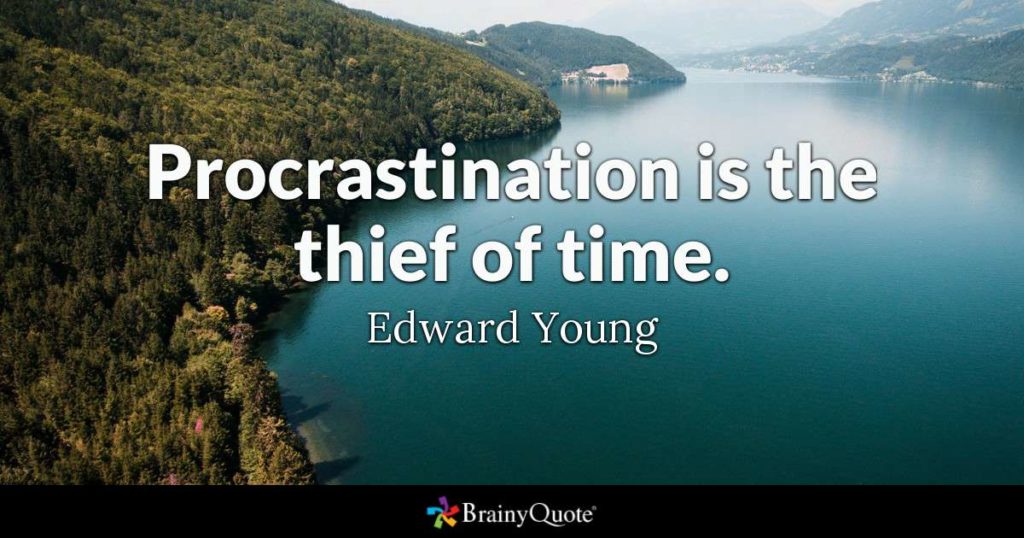
7. The University experience can at times feel like a contradictory mix of conformity and encouraging you to develop your own unique identity. Some students find the rigid adherence to set lessons, assignments, readings, and exams feels like an attempt to mould everyone into the same person. That really isn’t the case. It is simply the fact that every degree/ every discipline has its relevant history and knowledge-based that you need to understand before stamping your own mark on the field. I couldn’t work as a psychologist until I had a base understanding of the history of the field.
Now some of you will be ready sooner than others to make your mark on the world, and you might find yourself pursuing a leadership role through mentoring, student politics, clubs and societies and side projects, but respecting and getting to know the history of your discipline is critical. It doesn’t mean agreeing with it, or blindly following the direction your field is taking, but it does mean taking the time to understand it before challenging or dismissing it.
8. One of things we are all searching for is self-esteem – a sense of self-worth. Self-esteem can be a fragile creature – it is strengthened by our triumphs and quickly weakened by our failures.
There will be inevitable failures at uni – bad assignments, terrible presentations (anyone there yesterday saw that first-hand), social faux pas. These will challenge your sense of self-worth and for some people send them on a bit of a spiral.
But self-esteem is as much strengthened by clawing our way back from setbacks, as it is by our triumphs. In fact, probably more so. So when the inevitable setback happens: acknowledge it wasn’t your best work; apologise to anyone you need to and commit to make amends; and then get back up and have another go. All whilst acknowledging that any embarrassment or humiliation you experience is both normal and will fade into the background as you take back control. Taking a self-compassion break is a good idea also.
9. There are setbacks and then there are SETBACKS. If things are feeling out of control with your studies, or other aspects of your life, reach out to one of the many support services here at Flinders.
If it is health-related, start by seeing one of our GPs. If it is personal or academic issues, see one of our counsellors. If health issues are getting in the way of your studies, consider talking to one of our disability advisors. If you are an international student, contact ISS. If you are an Aboriginal Student, contact Yunggorrendi. If you are having problems with finances, accommodation, legal or need an advocate, contact FUSA. If you have no idea who to contact, start with this page https://students.flinders.edu.au/ or talk to Flinders Connect.
As I said in #1, Flinders is a mini city. We have an extraordinary number of services available to help students through tough times.
10. Finally, enjoy! I realise I’ve touched on a few challenging topics in the points above, but that was primarily to innoculate you against their possiblity, not their probability. A challenge is less of a challenge when we see it coming.
The universe has plonked you down in what I think is a great university. A place where you will have fun, make friends, get better, and trampoline yourself into the next stage of your life. My university years were some of my favourite. My wish is that you have a similar experience.
Take Care
Dr G
Want more of my ramblings? Try our “Getting Off To A Good Start” guide. Pick up a hard copy at Health, Counselling and Disability Services (J11 on the campus map)


